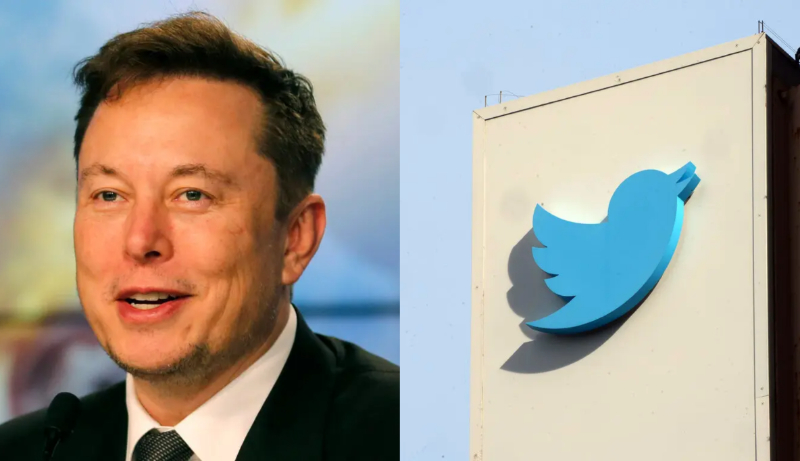Twitter abruptly suspended several high-profile journalists who cover the platform, as well as Elon Musk, one of the world’s richest people, who only recently acquired the company.
Hours after the suspensions went into effect, Musk squared off with one of the suspended journalists in a Twitter Space audio discussion in front of more than 30,000 listeners.
The suspended journalist, along with several others, found a backdoor way onto the platform through the website’s audio function.
“You doxx, you get suspended. End of story. That’s it,” Musk said,
Before leaving minutes after joining the discussion, he explained his latest policy to the group.
Musk was referring to Twitter’s latest rule change, which went into effect Wednesday, regarding accounts that track private jets, including one owned by Musk himself.
As of Thursday evening, the accounts of Ryan Mac of The New York Times, Donie O’Sullivan of CNN, Drew Harwell of The Washington Post, Matt Binder of Mashable, Micah Lee of The Intercept, Steve Herman of Voice of America, and independent journalists Aaron Rupar, Keith Olbermann, and Tony Webster had all been suspended.
Early on Thursday night, Mastodon’s Twitter account, which bills itself as a Twitter substitute, was also shut down. Journalists from NBC News were unable to tweet any links to Mastodon pages from their official Twitter accounts. However, Mastodon was a hot topic on Twitter.
In response to a tweet from Mike Solana, vice president of the venture capital firm Founders Fund, who noted that the suspended accounts had posted links to jet trackers on other websites, Musk claimed that the suspensions were due to the platform’s new rules prohibiting private jet trackers.
“Criticizing me all day long is totally fine, but doxxing my real-time location and endangering my family is not,” he said in another tweet.
The accounts that were banned on Thursday posted “my exact real-time location, basically assassination coordinates, in (obvious) direct violation of Twitter terms of service,” Musk claimed in a tweet.
The suspensions would last seven days, Musk later added.
Musk tweeted in the beginning of November, not long after seizing control of Twitter, that he would not block the account that tracked his jet.
Rupar posted on Substack that he had no further information other than the fact that his account had been permanently suspended.
“I haven’t heard anything from Twitter at all,” he wrote.
He mentioned that on Wednesday, he had tweeted a link to a Facebook page that tracked Musk’s aircraft.
Mashable tech reporter Binder claimed that his suspension came as a result of his tweeting a screenshot of a Los Angeles Police Department statement from CNN’s suspended reporter O’Sullivan.
“I’ve been on it since 2008. I never got so much as a slap on the wrist, because I always follow the rules,” Binder said. “It’s not hard to do when you know what the rules are.”
According to Binder, his account informed him that he had been permanently suspended.
“This is the very stuff that he’s criticized the previous Twitter of doing,” Binder said of Musk.
By participating in an audio discussion on Twitter’s Spaces feature with other journalists on Thursday night, Binder did seem to find a way around Twitter’s suspension. Later, Harwell also joined.
“I’m breaking the law in ways that have never been broken before,” Binder joked.
Despite having his account suspended, Jack Sweeney, a 20-year-old Florida college student who set up the Twitter account that tracked Musk’s jet, was still able to participate in the conversation.


